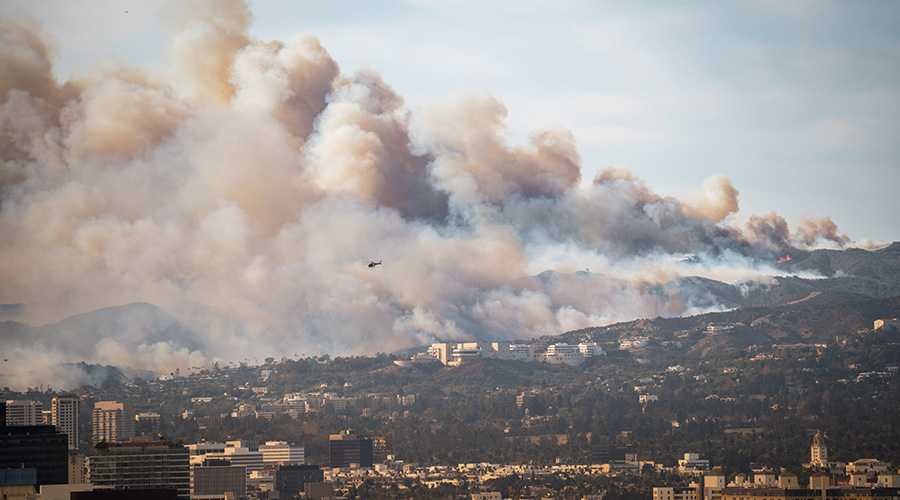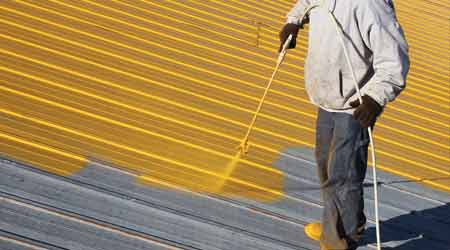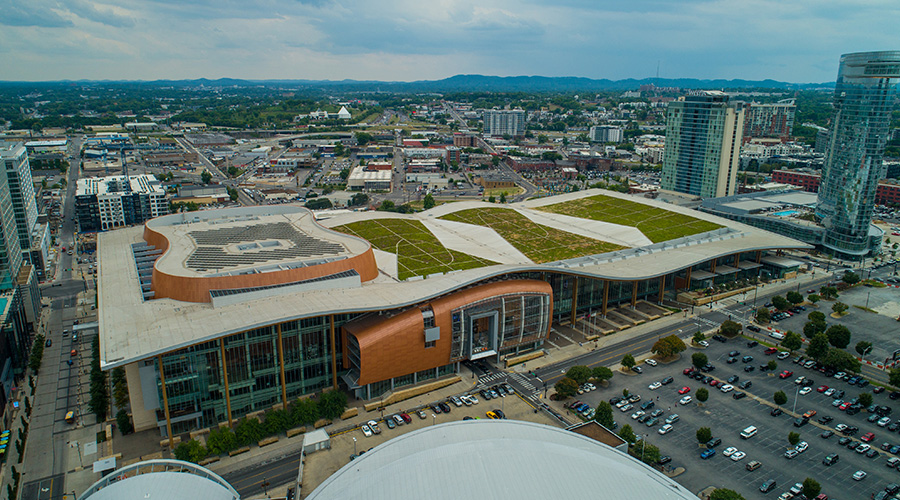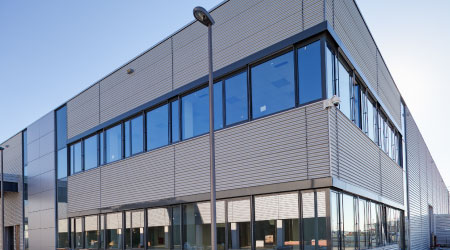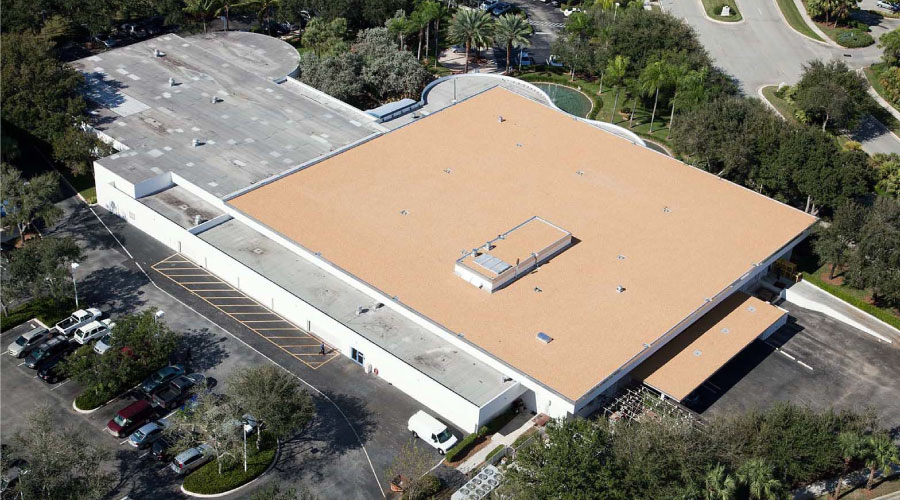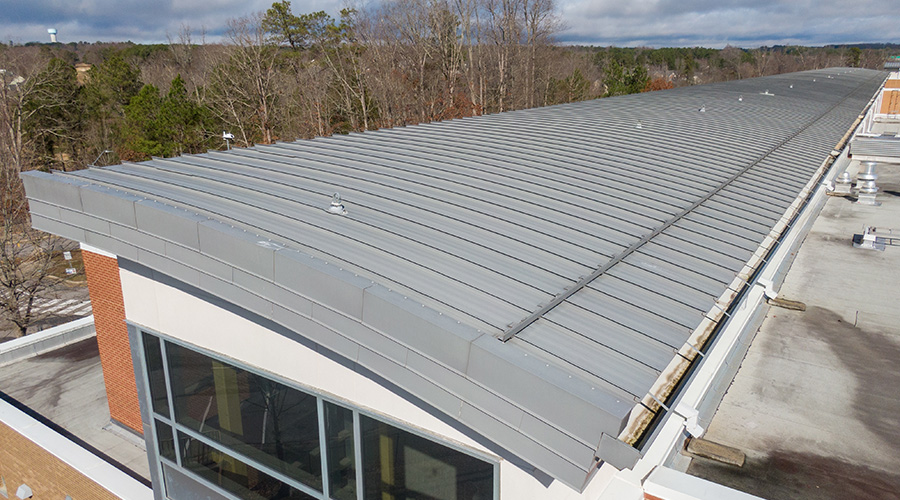Properly Maintaining a Roof After Coating Application
Part three of a three part series on roof coatings
What comes after?
Roof coatings considerations do not end with the application process. Once a coating is applied, managers need to consider several important issues that can prolong the life expectancy of the roof.
Managers who schedule routine maintenance and twice yearly roof inspections can expect to get the most out of their roofs.
“Roof inspections should be conducted twice a year,” McKain says. “Once in the late fall and again in the early spring. Seventy-five percent of roof damage occurs during the winter. If there is damage to the roof, it needs to be repaired with like materials.”
Regular maintenance entails having technicians periodically inspect the roof to ensure that scuppers, drains and other details are not clogged. This ensures that water flows properly and does not deteriorate the coating prematurely. The roofing contractor also should perform an annual maintenance checkup, Carlin says.
In addition to assessing the overall condition of the look, technicians should pay special attention to high-risk areas, including roof hatches and drains and around rooftop equipment. Minimizing foot traffic on the roof also can prolong the lifespan of the roofing system.
“Cleaning the roof also maintains the reflectivity of the coatings, as can regularly removing any debris that can impede drainage can cause ponding water, which can degrade the coating,” Baumann says. “The (National Roofing Contractors Association) recommends you don’t want any ponding water on your roof longer than 48 hours after a rain storm. Providing walkways around and leading to HVAC systems and other areas that require regular inspections and maintenance can also help maximize the performance and lifespan of the coating.”
Related Topics:






